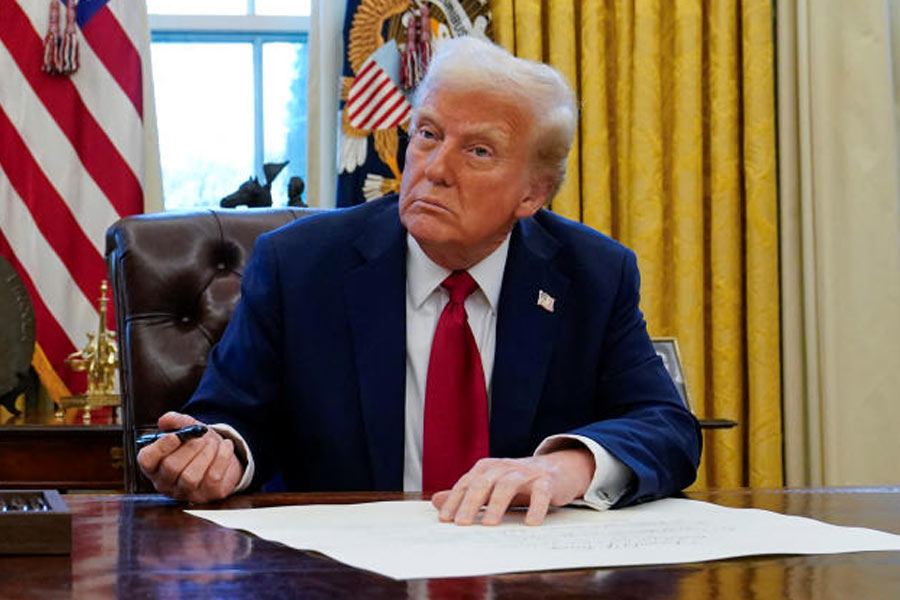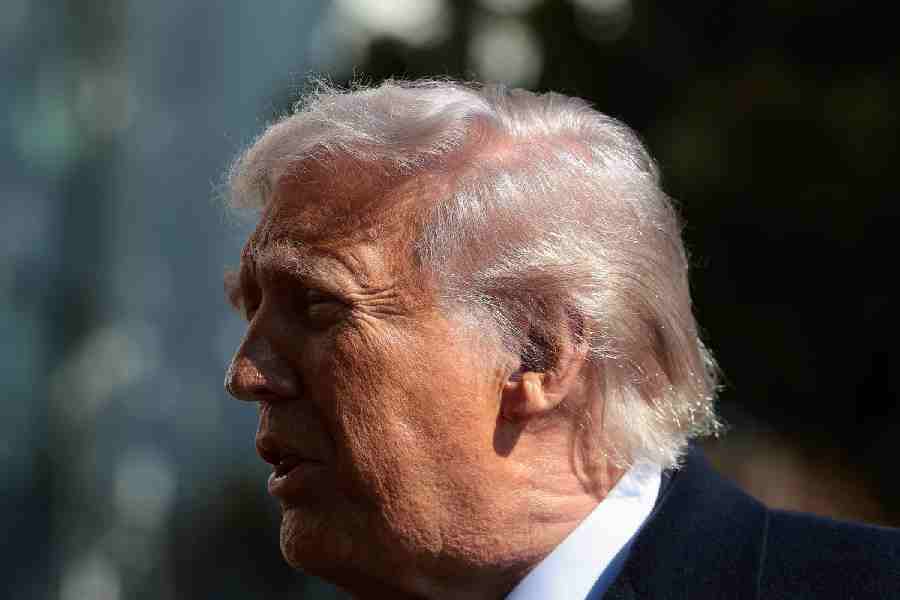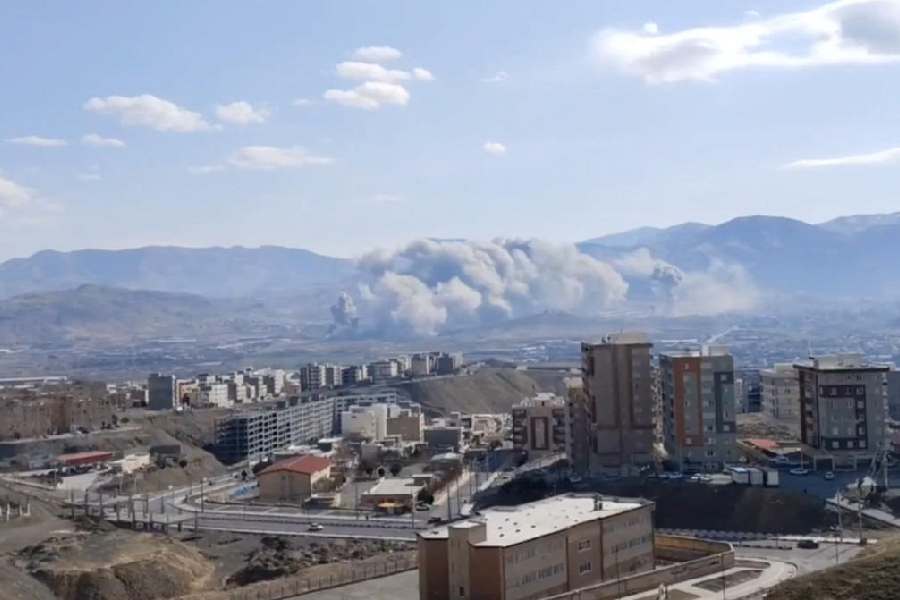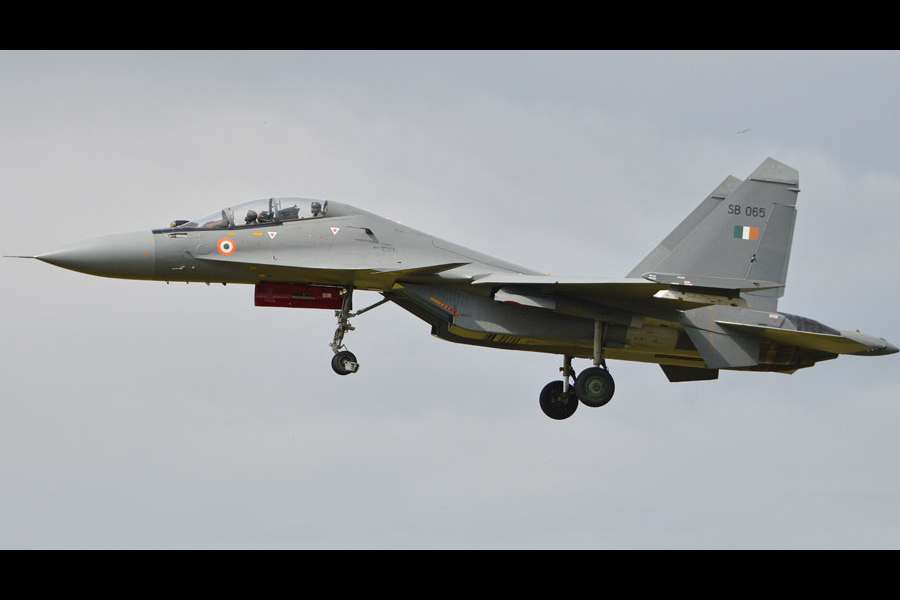Joe Biden’s visit to besieged Bosnia in 1994 as a senator and his seeming appallment at the atrocities unleashed by Serbian authorities on unarmed Bosnians made him more popular among Bosnians than those who orchestrated Dayton peace agreement. He emerged as a key player and was admired among Bosnians and Kosovars for his commitment to addressing the complex political and humanitarian challenges in the Balkan region, particularly in Bosnia. Some major challenges that he resolved included ending the ethnic violence and genocide and getting NATO and the United States of America to intervene for peace.
He came to be known as one of few US politicians with a broad understanding of Balkan politics not only for his advocacy for Western Balkan countries but also through his frequent visits to the Balkans, both as senator and, later, as vice-president. His efforts for long-term stabilisation and democratisation of the Balkan countries had raised expectations among Balkans that he would be meticulously involved in the Balkans as president.
But over the last three decades, profound transformations have unfolded, bringing new domestic and foreign priorities to the forefront. Biden has drawn criticism in the Balkans for what is perceived to be negligence and silence. This sudden change from his earlier stance when he vociferously pointed to the West’s failure to safeguard innocent Muslims is regarded as a betrayal of trust by the president by many. Rather than preserving close ties with Bosnia, the Biden administration had distanced itself, signalling a surprising shift in US foreign policy towards the Balkan region.
Thirty years ago, Biden’s lashing at the Opposition for not lifting the UN-imposed arms embargo, which significantly curtailed Bosnia’s ability to defend itself, brought forth some serious policies into consideration for the beleaguered Bosnians. It includes the Bosnia and Herzegovina Self-defense Act of 1995, which advocated for Bosnia’s right to protect itself, as well as a resolution to commemorate the Srebrenica genocide. These initiatives underscore two critical aspects: first, Biden’s realistic approach towards addressing sensitive international issues and, second, his unwavering support for the sovereignty and the security of a newly-independent Balkan country.
The departure from previous US commitments to safeguard human rights, rule of law, and democracy has already raised serious questions. Although the US has invested militarily, politically and financially in the region, it still requires attention due to ultra-nationalist and secessionist movements sweeping across the countries. But it comes as no surprise that despite the appointment of a special high representative for envisioning the US-authored Dayton Agreement, the Balkan region continues to be afflicted by deeper political and security concerns such as ethnic tensions, corruption, democratic backsliding and mounting external influence by China, Russia and their proxies. In fact, the region is widely perceived to be the next most likely geopolitical flashpoint in Europe.
The West’s inability to view the Western Balkans through a broader lens beyond aid, humanitarianism, and the promotion of democracy has left many analysts stunned. The downside of this narrow approach might push the region back into renewed conflict or even brutal war. Under such conditions, extreme nationalism and right-wing populism are emerging as competitors to democracy, somewhat complicating the efforts by the US and its European allies to contend with Russia, China and the other middle powers making inroads into the region. These middle powers have already established long-term alliances with Serbian ethnonationalists, projecting themselves as reliable partners.
European countries have shown limited willingness to actively intervene in the unstable yet strategically significant region. The return of Donald Trump as US president might further complicate the Balkan conundrum. Should Euro-American alliance weaken under the Trump administration, the Balkans could face even greater instability.
Ambreen Yousuf is a researcher based in New Delhi











